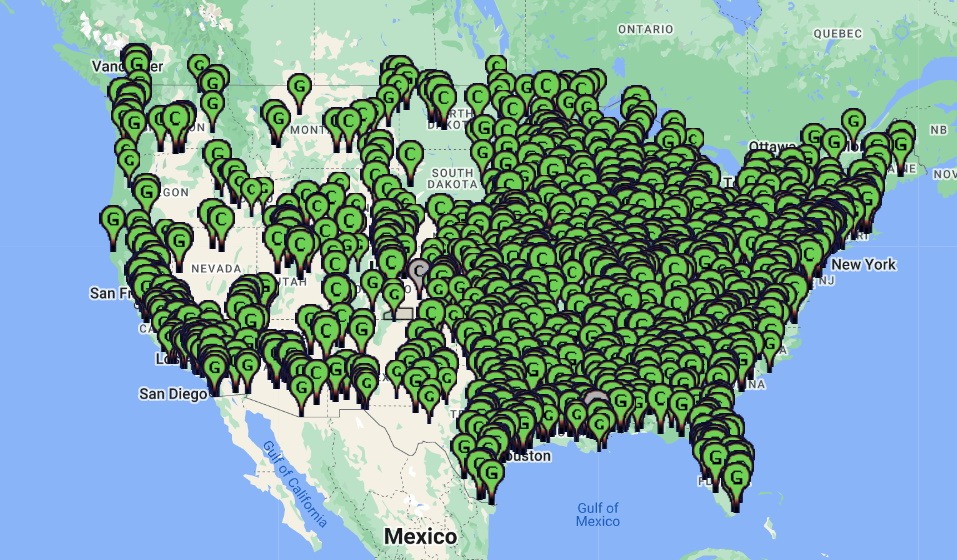Biomass Opponents Take on Congress
Eighty-five organizations from twenty-six states (and counting) have signed on to a letter to U.S. Senator Ron Wyden (D-OR), Chairman of the U.S. Senate Committee on Energy and Natural Resources, insisting that the Senator protect Americans from harmful air pollution by ending his support for biomass incineration.
The letter, written by the steering committee of the national Anti-Biomass Incineration Campaign, urges Senator Wyden to “stop classifying polluting and human disease-causing biomass incinerators as ‘clean,’ ‘renewable’ or ‘sustainable’ energy” and to do everything in his power to “end subsidies for polluting industrial-scale biomass facilities.”
Senator Wyden has been a vocal advocate for biomass energy, hailing as he does from Oregon, a state heavily influenced by the logging industry. At a 2011 town hall meeting, Wyden said Oregon could be “the Saudi Arabia of biomass,” referring to forests as “overstocked timber.”
Although jobs and revenue from tourism and recreation — which are largely dependent on intact forests and clean rivers (not to mention the ecological services of clean air, pure water and a livable climate) — dwarf the limited economic contributions of a heavily-subsidized and often times destructive logging industry, Oregon politicians are still disproportionately beholden to the influence of this declining sector of the state economy.
All of this clearcut kowtowing in the widely-forested state of Oregon comes as no surprise: Senator Wyden is the seventh largest recipient of campaign contributions from the logging industry of any member of the Senate from 1990 to the present, according to OpenSecrets.com.
In 2012, Wyden pocketed $182,100 worth of timber money. The Senator was the third largest recipient of forest products industry campaign contributions in all the Senate during the 2009-2010 election cycle, with his Political Action Committee (PAC) receiving the fourth largest amount.
While Wyden’s weak stance on forest protection seems unlikely to change any time soon, he has been a strong supporter of public health. The Anti-Biomass Campaign letter cites a January 30, 2013 letter to President Obama signed by Senator Wyden and fifteen colleagues in the Senate which states that “pollution can cause asthma attacks, heart and lung disease, cancer, damage to the reproductive system, strokes, and premature death.” The Senator and his colleagues pledged to “stand ready to work with [the President] to use available tools to provide stronger safeguards that will address dangerous air pollution.”
The organizations who signed on to the campaign letter hold the Senator to his promise, asking him to “expand upon your laudable efforts on behalf of the health and well-being of all Americans by ending your support for the expansion of polluting industrial-scale biomass energy.” They remind the Senator that biomass incinerators “emit 98% as much nitrogen oxides (NOx) as burning bituminous coal and higher levels of the most dangerous particulate matter.”
The letter refers to the first-ever Congressional briefing on biomass health impacts organized by Save America’s Forests and the Anti-Biomass Incineration Campaign in September 2012, where three medical doctors and a scientist testified on the health risks from biomass incineration. Several health advocacy organizations who oppose biomass burning are also referenced in the letter, including the American Lung Association and Physicians for Social Responsibility.
Biomass incinerators “are not clean energy and will cause more disease and drive up already soaring health care costs for Americans,” reads the letter. It goes on to explain that the brunt of these health impacts will fall on children, the elderly, those suffering medical conditions such as asthma, and communities of color, “who often live in close proximity to these facilities.”
“This letter will help Congress learn the error of categorizing biomass incineration as ‘clean energy,’” said Carl Ross, director of Save America’s Forests and a steering committee member of the national Anti-Biomass Incineration Campaign. “It’s not. It’s a dirty form of energy with real world consequences and it’s going to make their constituents sick.”
The eighty-five organizations from every region of the nation want Senator Wyden to drop his support for polluting biomass incineration and instead focus on creating “more jobs in the conservation, efficiency, solar, wind, and energy storage industries that will not be a burden on our health care systems and will protect public health and the environment.” Oregon is a biomass battleground because of its vast expanse of forests, including National Forests and Bureau of Land Management (BLM) lands. With demand for lumber remaining low due to the crash of the housing market and overall economic decline, the logging industry is instead pushing to liquidate forests on both public and private lands for biomass energy.
The letter references biomass developments in Oregon, including a biomass power incinerator proposal for Lakeview, a recently-canceled proposal for Klamath Falls (replaced by a separate biomass proposal for the Klamath Cogeneration Plant by Iberdrola), and the existing Seneca Sawmill biomass incinerator in Eugene, Oregon.
Meanwhile, industry, politicians and some government agencies continue to exploit the fear of naturally occurring and ecologically essential wildfire in an attempt to open western forests to logging, under the guise of “wildfire prevention” or post-fire “salvage” logging. Sound science, however, demonstrates that the only way to protect homes and lives from wildfire is by making a home “firewise,” which means treating homes and creating defensible space 100 feet around the home—not logging backcountry forests.

